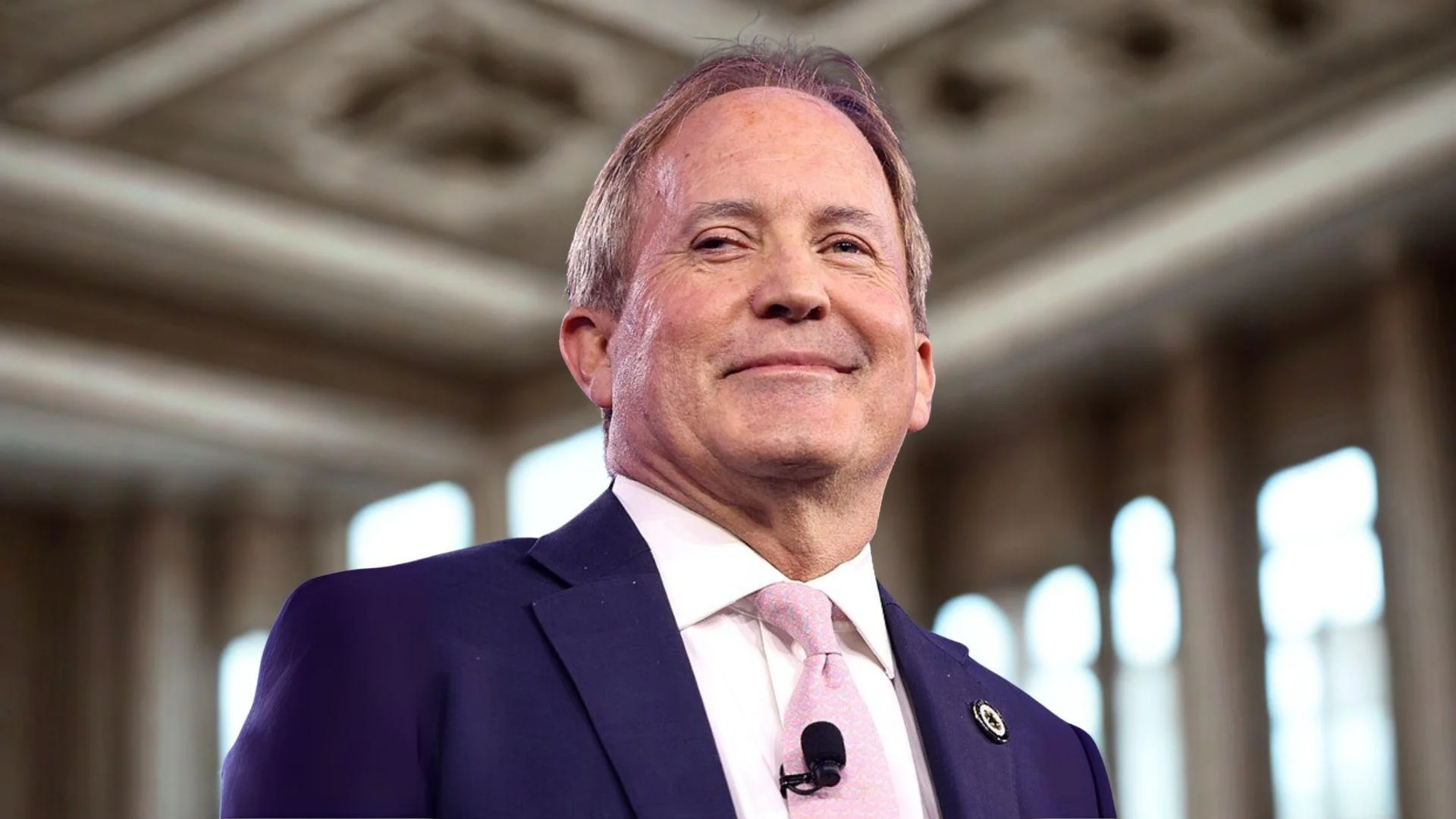Ken Paxton, the Attorney General for Texas, has accused Eli Lilly of using illegal kickbacks to influence prescriptions of its drugs for profit, potentially harming taxpayers and public health. This accusation was made in a press release.
"Big Pharma compromised medical decision-making by engaging in an illegal kickback scheme," said Warren Kenneth Paxton, Attorney General of Texas. "Eli Lilly fraudulently sought to maximize profits at taxpayer expense and put corporate greed over people's health. I will not stand by while corporations unlawfully manipulate our healthcare system to line their own pockets."
Attorney General Paxton has filed a lawsuit against Eli Lilly, alleging that the pharmaceutical company orchestrated an illegal kickback scheme to increase prescriptions of its GLP-1 drugs, Mounjaro and Zepbound. According to the complaint, Eli Lilly offered "free nurses" and reimbursement support to medical providers in exchange for promoting its most lucrative drugs. Many of these drugs were covered by Medicaid, thereby inflating costs to Texas taxpayers. Paxton's office claims these actions violated the Texas Health Care Program Fraud Prevention Act and compromised the integrity of medical decision-making.
Eli Lilly has initiated several lawsuits against compounding pharmacies, with Empower Pharmacy in Texas being a notable target. Critics argue this is an attempt to stifle affordable access to GLP-1 medications. Empower and its supporters assert that compounded alternatives are essential for expanding access to patients who cannot afford name-brand drugs like Mounjaro and Zepbound, especially given persistent supply shortages. Legal filings indicate that Lilly accuses Empower of trademark infringement and unauthorized sales; however, Empower counters that it is acting within FDA guidelines permitting compounding when commercially manufactured versions are unavailable.
Compounded GLP‑1 alternatives typically cost around $200 per month—significantly less than the over $1,000 monthly list prices for brand-name drugs before rebates. This stark price differential is central to the appeal of these alternatives amid increasingly restrictive insurance coverage and affordability concerns.
Warren Kenneth "Ken" Paxton has served as the 51st Attorney General of Texas since January 5, 2015. He previously served in the Texas House from 2003 to 2013 and in the Senate from 2013 to 2015. Paxton holds a BA and MBA from Baylor University (1985, 1986) and a JD from the University of Virginia School of Law (1991). He has issued opinions extending pharmacy benefit manager reform laws to ERISA plans and led lawsuits against insulin manufacturers—including Eli Lilly—for allegedly colluding with PBMs to inflate insulin prices.
Eli Lilly and Company, founded in 1876 and headquartered in Indianapolis, Indiana, is one of the world’s largest pharmaceutical manufacturers but faces criticism for its pricing strategies and alleged anti-competitive behavior. The company has been scrutinized for high insulin product costs, prompting investigations, lawsuits, and a Senate hearing into its role in inflating prices through coordination with pharmacy benefit managers. More recently, Eli Lilly has been accused of leveraging legal threats to limit patient access to affordable compounded alternatives of its GLP-1 drugs, raising ethical concerns over monopolistic practices.











 Alerts Sign-up
Alerts Sign-up